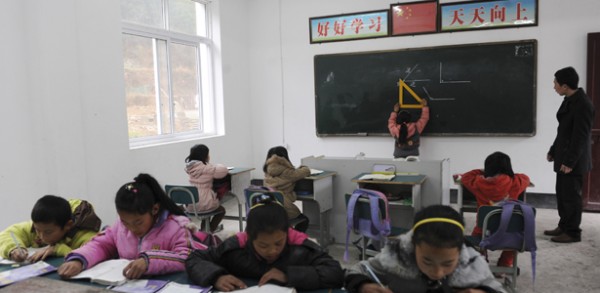In light of China’s recent loss in the 2015 International Mathematical Olympiad, the Chinese public recognizes the gradual decline of the standard of mathematics in the country.
The U.S. managed to bag the top spot in this year's competition, after winning the latter 21 years ago. The announcement of the competition results drew strong reactions from Chinese netizens who were in shock and disbelief.
Some posited that the Olympiad math taught in schools is unnecessarily difficult for students and prevents them from truly gaining a genuine interest in the subject.
Although a good number of people in China have expressed their opinion that mathematics is helpful in real life, they say, however, that the subject is too difficult.
Such public opinion has reached policymakers in the field of education and has resulted in a neglect of the importance of Olympiad math, which led to a reduction in the number of qualified students.
Various science universities attribute their lackluster performance in enrolling exceptional students to the significantly less difficult math questions in entrance exams.
Furthermore, they state that few of the outstanding math students even choose to excel further in the subject, preferring to pursue finance, economics and management.
The widespread opinion among Chinese regarding math originates from an incorrect understanding of the subject and the education system.
For the math detractors, an emphasis on arts and sports is an essential aspect in education that should be prioritized over math subjects.
The real problem behind the issue is forcing math education to conform to an exam-oriented educational system, instead of allowing the subject to blossom through innovation and divergent thinking.
Math competitions, such as the International Math Olympiad, encourage students to achieve breakthroughs in the subject which have the potential to benefit society. Furthermore, the reality of the elimination process is simply a way to select the best candidates who deserve praise for their mathematical prowess.


